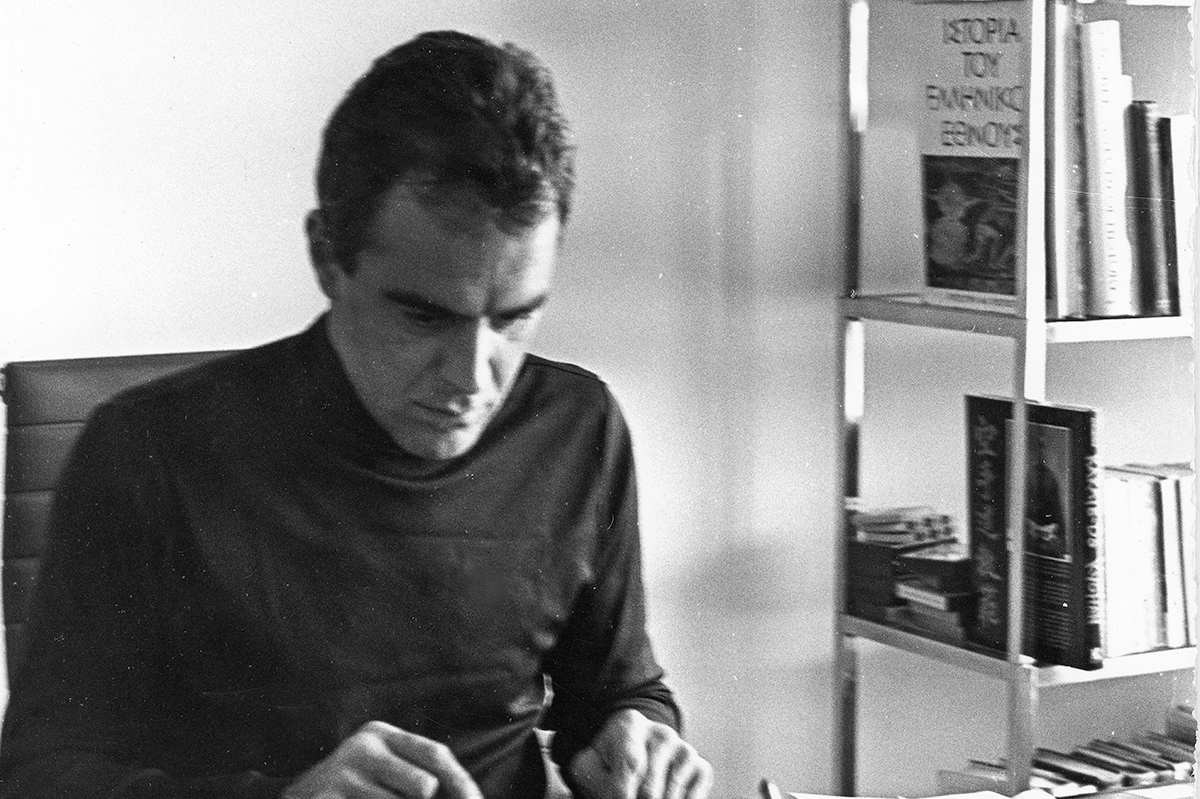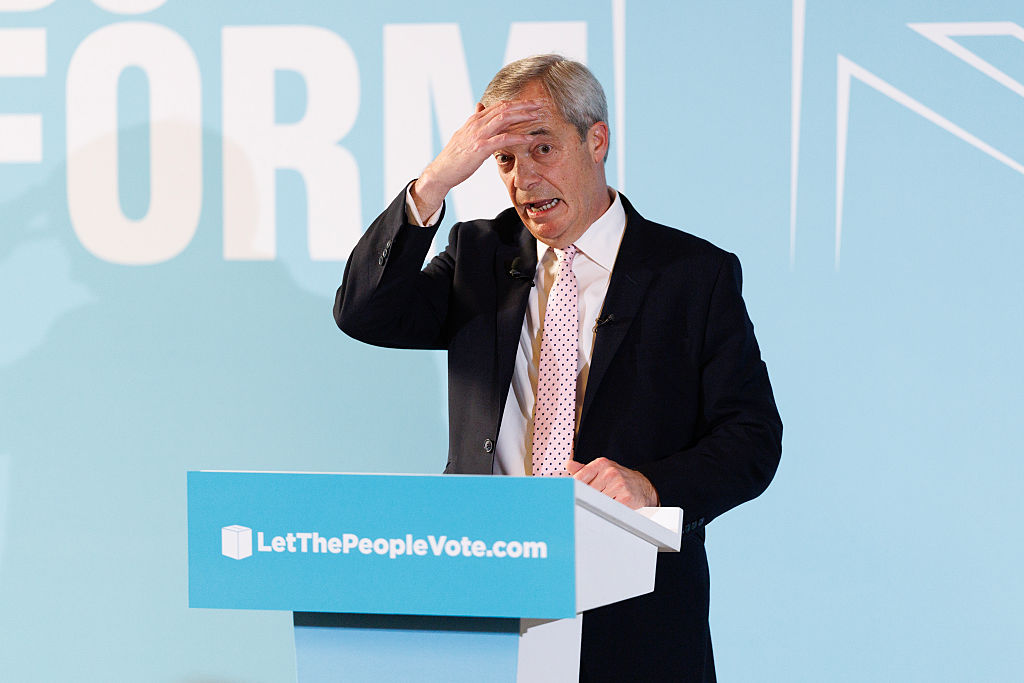I have been in Istanbul, partly to research a French-born collateral ancestor of mine, Aimée Dubucq, who, according to legend, was captured by Corsairs in 1778 and presented to the Sultan of Turkey as a gift. Known in captivity as Naksh, or ‘The Beautiful One’, she was 19 when she was taken by boat to Seraglio Point, where stands the Topkapi Palace, the most exquisite and imposing royal residence in the world. The chief black eunuch, Son Altesse Noir, inspected every new arrival to the Harem, and he would have escorted Aimée through its kiosks, pavilions and gardens of splashing fountains, past the sound of parakeets squawking and, less happily, the cries of miscreants in the dungeons. Not even Turkish scholars know what really happened in the Harem. The women, including Aimée, lived and died there silently, ghostly ciphers whose legacy can be seen on the worn-away marble steps.
The Ottomans were not depraved voluptuaries, however. The Harem was a practical and moral necessity. It was not thought befitting for Allah’s Shadow on Earth to sleep with his own subjects. The girls chosen to bear the Sultan’s heirs and who walked along the Golden Way to the imperial bed included Russians, Greeks and Syrians of stupendous beauty. The Sultan’s mother, the Valide Sultan, ensured that the Harem was run as strictly as any school dormitory. A consort who was caught behaving immodestly would be placed in a weighted sack and thrown into the Bosphorus. The Valide Sultan had the power of life and death over her son’s wives, and was the first and ultimate mother-in-law from hell.
There is a room in the Topkapi Palace that houses the Ottomans’ ‘Holy Relics’, some of which are an illustration of the similarities between Islamic and Christian belief. The items on display include ‘the turban of the Prophet Joseph’ and ‘the saucepan of the Prophet Abraham’. I was amazed to see that the latter was non-stick.
My ex Boris Johnson has Turkish blood, of which he has often boasted. It seems to have come to the fore. Boris now rules by decree, forgetting that it is parliament that is supreme in this country. Either that, or he has splinters in the windmills of his mind. A prime minister cannot exist in a permanent state of war with both the legislature and the electorate, which is given both barrels on an almost daily basis as punishment for the government’s Covid mistakes. I should like to remind the PM of one of his favorite quotes, attributed to Benjamin Franklin, which he would repeat in happier days: ‘Those who would give up essential liberty, to purchase a little temporary safety, deserve neither liberty nor safety.’
[special_offer]
I sympathize with Boris’s gripes about the cost of food at Chequers. On the occasions I have dined there, I have been reminded of the muck that is called ‘nursery food’: blackened beef, stewed cabbage and the sort of suet pudding with custard that leads to an early coronary. But cost aside, this is just up Boris’s taste buds. Some of our most rancorous arguments were about food. I remember scolding him for lunching on bacon butties and Mars Bars before gorging on sausages and processed cheese. His idea of fine dining was Pizza Express.
One of the worst crises of our friendship came when I cooked him a seafood risotto. The preparation had taken me hours, the ingredients a good deal of money. As always he was late, and my risotto sat on the stove coagulating. Finally, its potential recipient arrived only to gaze upon it as one might gaze upon a dish of beetles. ‘I can’t eat that. Do you have any crisps?’ This enraged me more than any of his sexual delinquencies. As Colette said: ‘Food has ruined more relationships than infidelity.’
I am amazed that the public still consents to endure the miserable existence set out for it, but then I have never had much faith in the British character. No other race except the Chinese is so regimented. Moreover, the British have an astounding susceptibility, unlike the Latin or Nordic peoples, to fear and alarm. In short, we are a race of incurable cowards: bovine, lazy and easily bullied. Yet our sense of superiority is undiminished.
This article was originally published in The Spectator’s UK magazine. Subscribe to the US edition here.

























